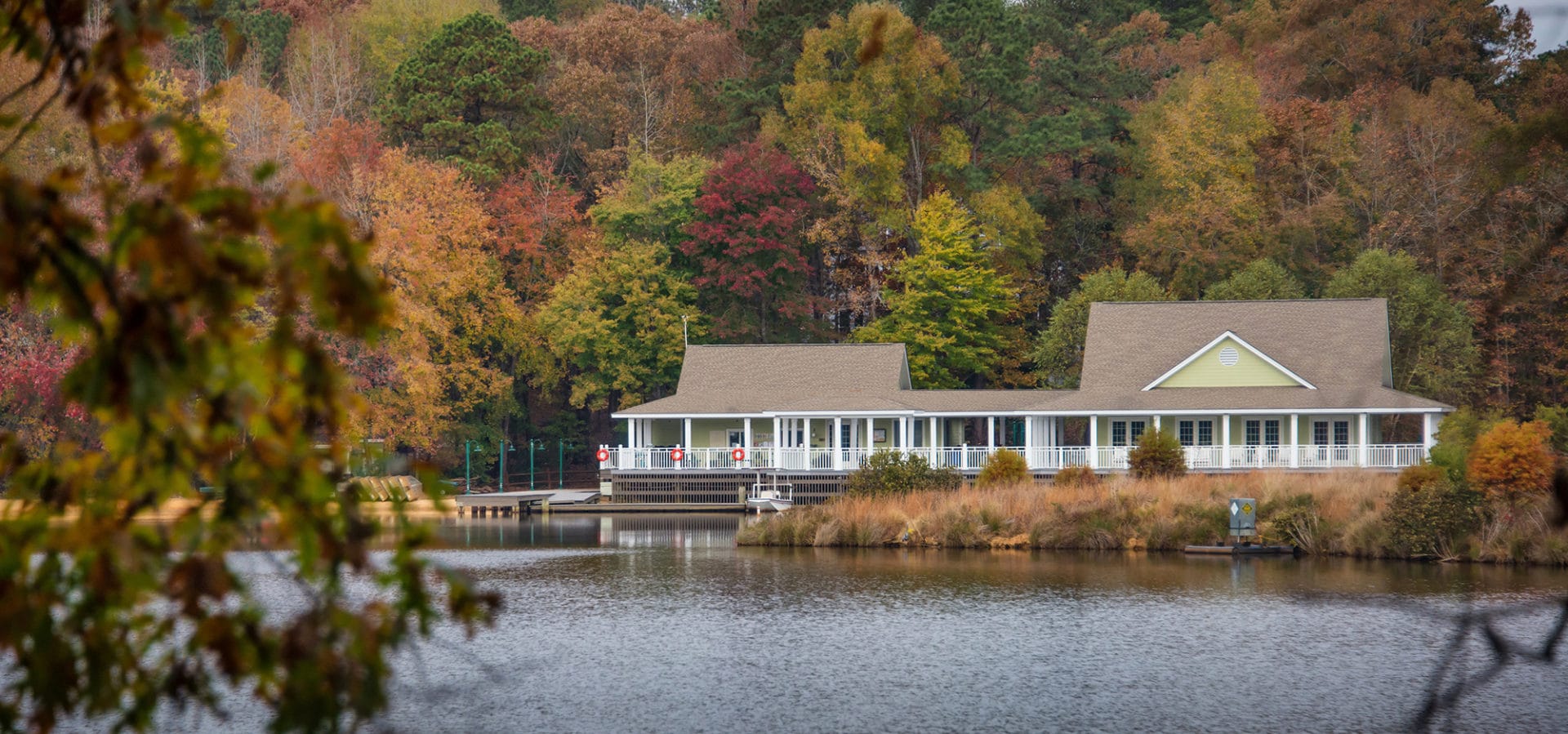There’s a good case to be made for what could be called the all-the-way approach to mass transit improvements in the Triangle – load on the works, with expanded bus service plus commuter trains and light rail.
But it also can be argued that undertaking all of those transit upgrades at once would be too ambitious. Wake County Manager David Cooke’s latest strategy reflects a sense that it would be better to stretch things out – better financially and better politically. He could be on the right track.
Speaking of tracks: It’s the rail component of the overall improvement plan that causes heartburn here and there, especially among some of our local conservatives. But Cooke makes a distinction between commuter rail service that could be up and running fairly quickly, using existing N.C. Railroad tracks through the heart of the Triangle, and light rail between Cary and north Raleigh, which would be a new animal.
The latter would depend heavily on state and federal funding to meet the $1.1 billion cost – and Cooke is not alone in noting that such funding is harder than ever to come by.
Hence his recommendation: Proceed first with “core” projects for which the money could be raised locally, and that also would bring more immediate benefits. Those would include beefed-up regional bus service and a rush-hour commuter rail line operating between Garner and Durham, through Raleigh, Cary, Morrisville and Research Triangle Park.
The whole vision for better transit in the Triangle hinges on raising the money. Durham this month got behind the concept of a sales tax boost to fund its share of the improvements, but Wake officials have been less enthusiastic – at least toward light rail. Cooke’s approach could help ensure Wake residents that they weren’t being asked to bite off more than they could comfortably chew.
But with the core upgrades in place, Wake could then consider an “enhanced” package that would include light rail service – another way of getting around in this increasingly crowded metro area that would cut down on the need to drive on clogged highways such as I-40 and Capital Boulevard. Charlotte’s light rail line, championed by Republican former mayor Pat McCrory, who’s now gearing up to run a second time for governor, has been a notable success.
Bus service connecting the Triangle’s towns and cities as provided by Triangle Transit already has proved popular, and there’s every reason to think that continuing to extend routes into outlying towns and putting more buses on the road would be a good investment.
Commuter rail is untested in these parts, but the thousands of cars surging each day toward Raleigh and RTP along I-40 suggest that a nearby rail corridor would be an attractive option. And the N.C. Railroad’s corridor fills the bill. Giving people who live in southeastern Wake or northwestern Johnston County a way to commute without fighting I-40 traffic would help many of them while taking cars off the road. Coordinating freight trains, Amtrak trains and commuter trains through the corridor would be a challenge, but if the state-owned N.C. Railroad says it can be done, it’s worth a try.
The Wake County commissioners likely will consider putting a referendum for a half-cent sales tax increase for transit on the November, 2012 ballot. Tackling core projects first -then enhanced, as the economy improved – could be a way to win backing not only from the commissioners, but also from practical-minded voters.
Read more: http://www.newsobserver.com/2011/11/18/1651846/transit-core.html#storyli…

